Jailed Without Charge: Layan Kayed, West Bank student jailed for campus activism
By Humaira Ahad
On the morning of June 7, 2023, Layan Kayed was sleeping peacefully in her room when Israeli soldiers appeared out of nowhere and ferociously banged on the door of her house in the occupied West Bank.
In a frightened state, Kayed’s father rushed through the gateway as the heavily armed regime soldiers stormed inside the house, seizing all the electronic gadgets and arresting the 26-year-old Kayed.
Kayed, a master’s student at the Birzeit University in occupied West Bank, had been an anti-occupation activist for years. She was first arrested in 2020 when she spent 16 months in different Israeli jails.
During her recent arrest, the young Palestinian activist was subjected to brutal custodial interrogation and was prevented from meeting her lawyer, according to reports.
In a message to her family during her first detention facility, Kayed said her relationship with prison is “that of a constant attempt to tame us and alienate us.”
In 2020, Kayed was arrested while crossing Za’tara military checkpoint, south of the city of Nablus. The Israeli soldiers handcuffed her, shackled her legs, and made her sit in an open area for hours.
She was later transferred to Hasharon prison of the Israeli regime.
The regime snatched from her the right to celebrate an important day of her life. She was arrested just before receiving her bachelor’s degree certificate.
“I was arrested at one of the checkpoints that separates my home from Birzeit University while I was in the family car with my mother on my way to the university to accept my (Bachelor of Arts) certificate,” the young Palestinian student was quoted as saying.
“After my arrest, I was left outdoors at the Zaatara Israeli military checkpoint for eleven hours, handcuffed and shackled. I was subjected to sexual insults, constant swearing, and verbal abuse from the Israeli male criminal inmates, under the watch of the Israeli guards who did not intervene.”
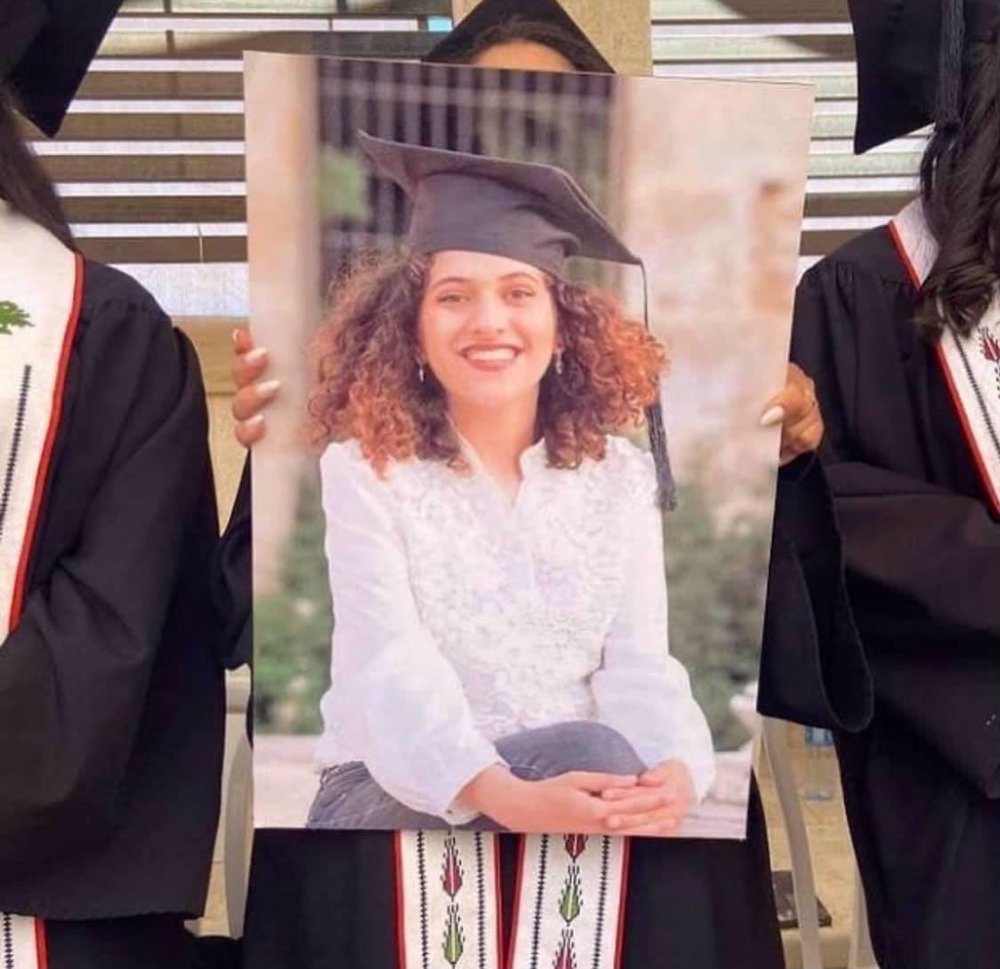
After her release from prison following her first arrest, Kayed narrated the inhumane treatment she was subjected to in Israeli prisons, similar to what other Palestinians have narrated over the years.
“One never received any sunshine and was fully monitored by security cameras around the clock.”
Kayed was kept in a cell with cameras fixed all around the room, violating the privacy of the young woman. She was not even provided a jail uniform and had to borrow clothes from an inmate.
The toilet she was forced to use was without a ceiling and a door, the Palestinian activist said.
On March 3, 2021, Ofer military court sentenced her to 16 months in prison in addition to a fine of 6,000 shekels. In the ruling, the military judge cited a previous ruling by the military appeals tribunal which stated that student wings of organizations deemed unlawful should not be underestimated, referring to the prosecution of students who belong to university unions, as they constitute a threat to “security”.
The Palestinian rights campaigner believes that the issue of Palestine is not just limited to Palestine but has worldwide reverberations.
“As a Palestinian people, we are facing the Zionist entity, which is organically linked to all imperialist interests in the region and the world. This means that the conflict with the Zionist project is not limited to the land of Palestine,” Kayed was quoted as saying.
The student bodies in Palestine have been advocating the total boycott of the apartheid regime.
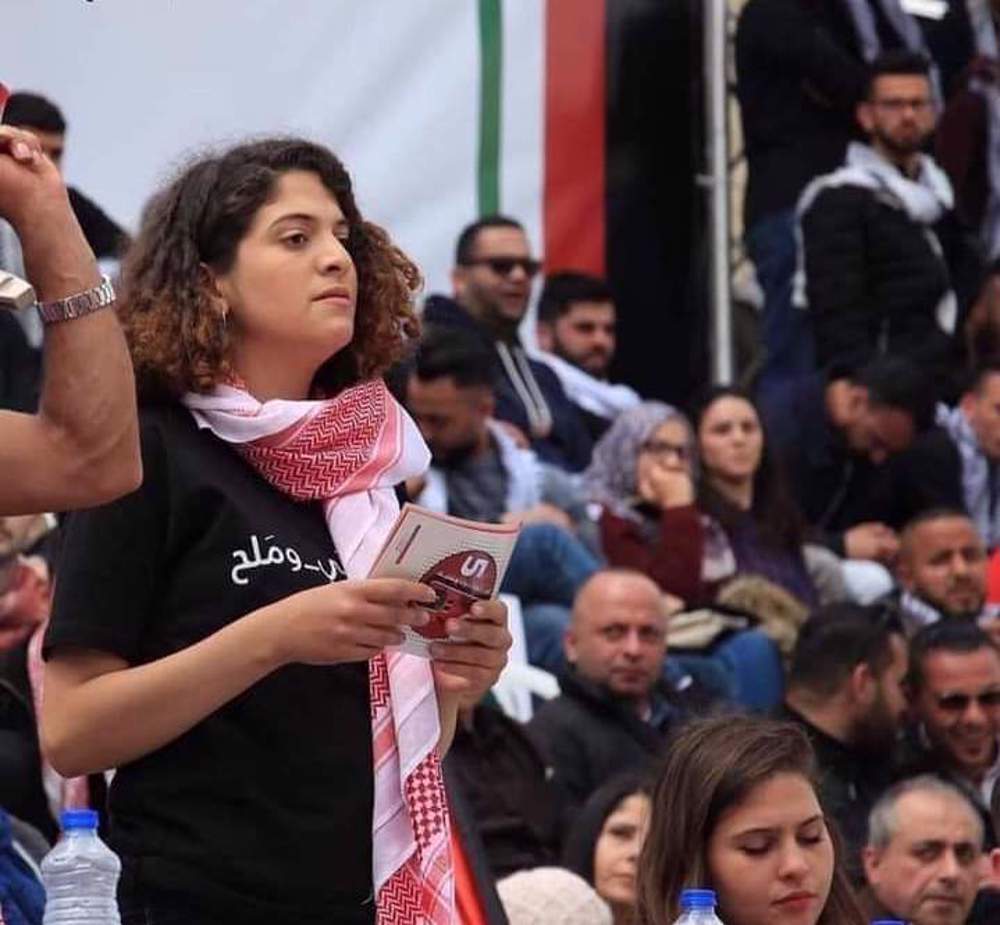
“In addition to boycotting Israel in all respects…, and launching pressure campaigns on governments and their pro-Israel policies, such as arms sales, trade exchange, or policies that adopt the Israeli discourse, we see that fighting injustice and oppression anywhere is part of our struggle against Israel,” she said.
“Israel actively contributes to supporting oppression around the world. Israel is a laboratory for weapons, surveillance, and military technologies, which it exports to oppressive governments around the world,” the student activist maintains.
In 2021, following Kayed’s first arrest, the UN working group on arbitrary detention said that the young Palestinian woman’s arrest was arbitrary, highlighting that it lacked a legal basis, and was carried out in breach of international human rights law.
The case was referred to the special rapporteur on violence against women and the working group on discrimination against women and girls.
Arbitrary detention is a form of administrative detention that is being used as one of the key tools by the regime to oppress Palestinians. Since October 7, Israel has dangerously increased its use of arbitrary detention across the occupied West Bank.
While Israeli settlers in the occupied West Bank are subjected to civilian law, Palestinians have to face military laws. Military courts of Israel prosecute Palestinian children as young as 12.
As per the figures given by Military Court Watch, an NGO that monitors the treatment of Palestinian children in Israeli jails, 95 percent of military court cases result in convictions.
VIDEO | Rome, Milan host new protests in solidarity with Palestinians
Dec. 21: ‘Axis of Resistance’ operations against Israeli occupation
Spain jurists demand ties with Israel ties be cut
VIDEO | Press TV's news headlines
VIDEO | Iran honors top Science Olympiad medalists
VIDEO | Austrians arrested at Gaza protest in Vienna
10 killed in bus crash in western Iran
VIDEO | One-man-band journalism with Civili


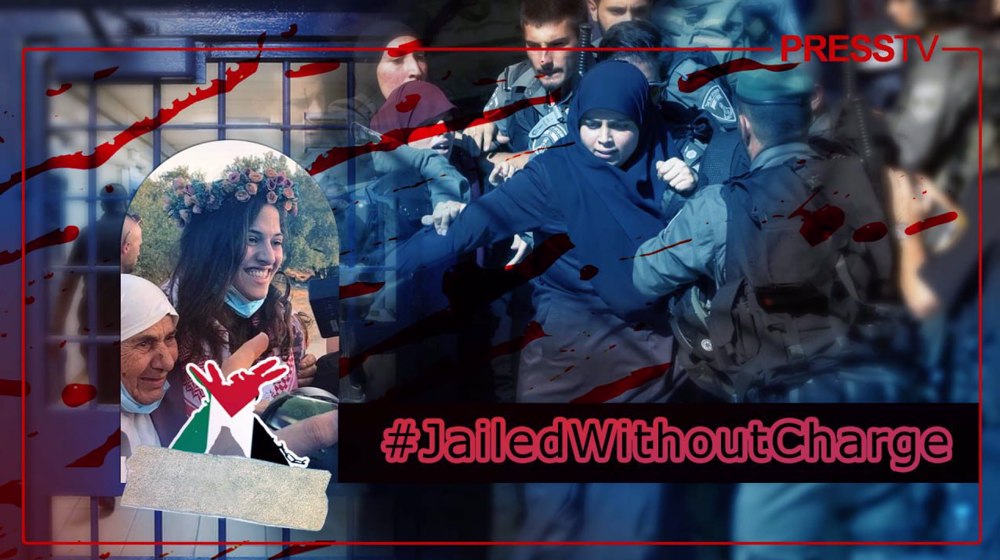

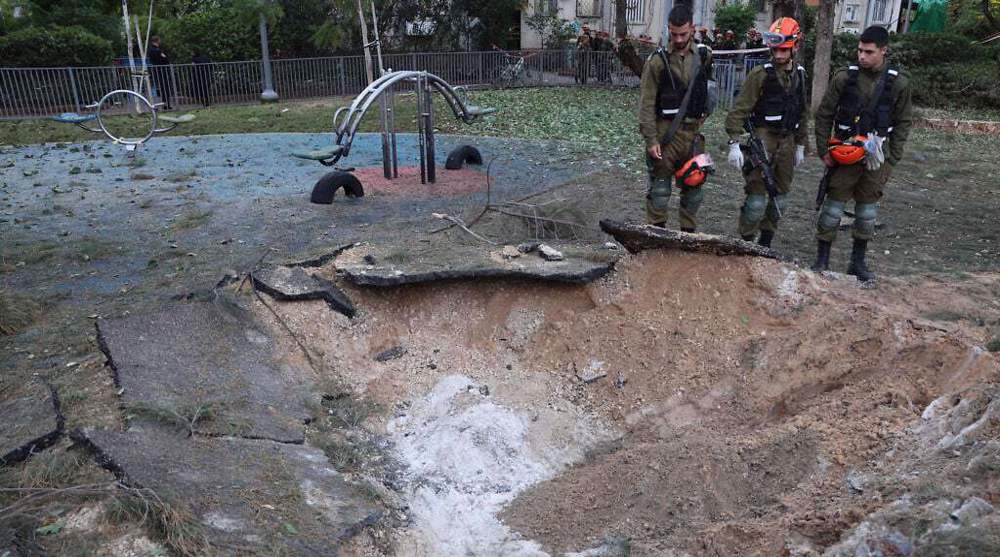




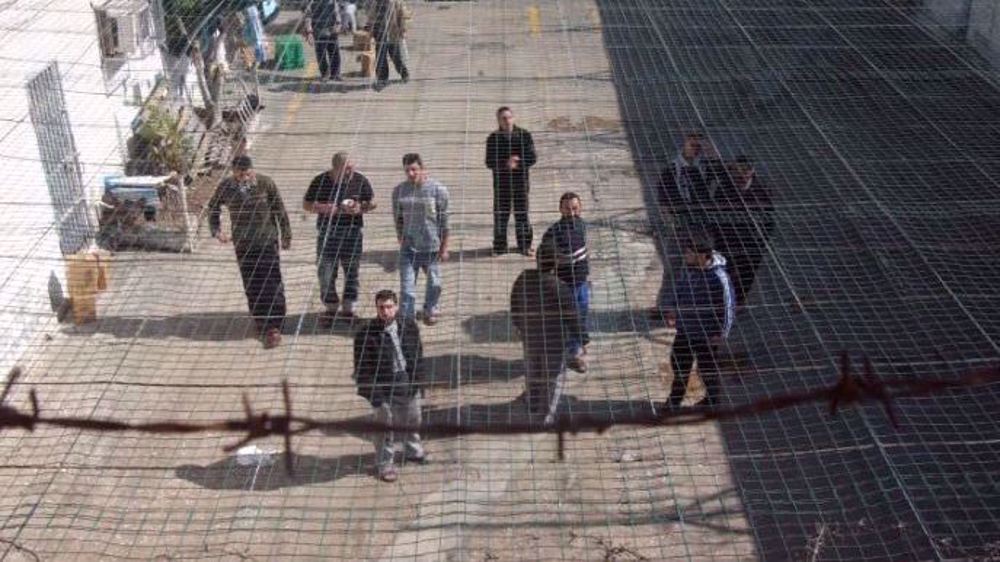
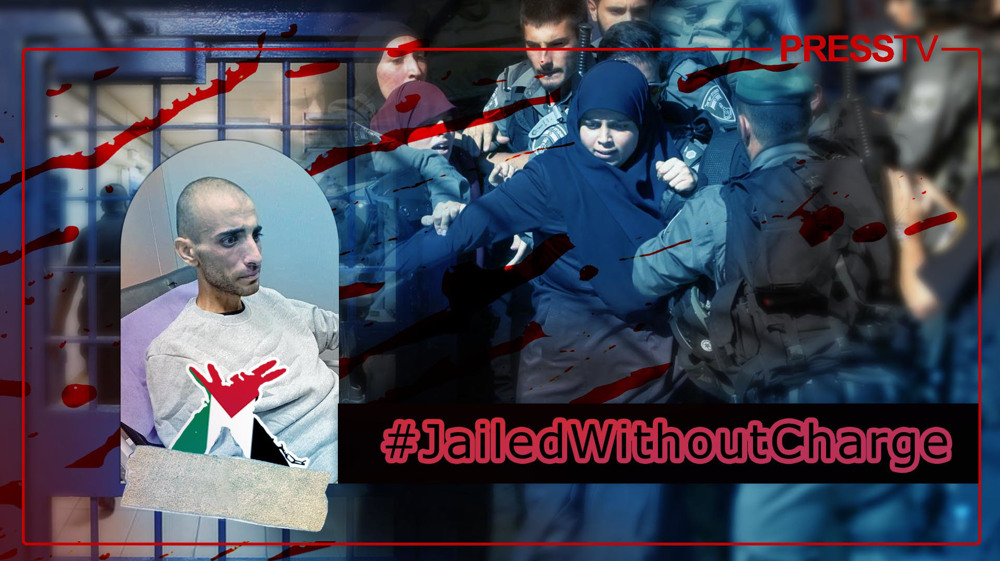
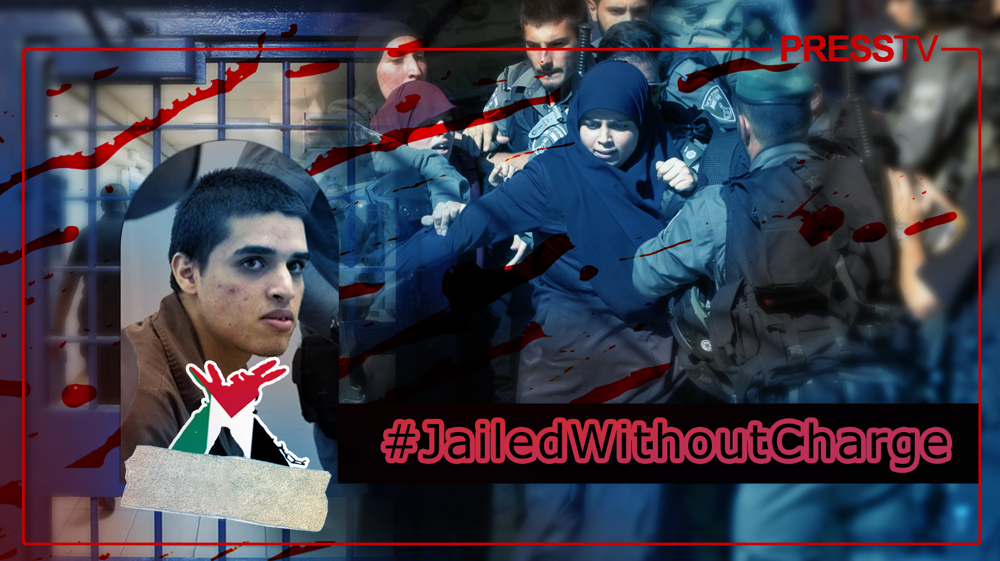
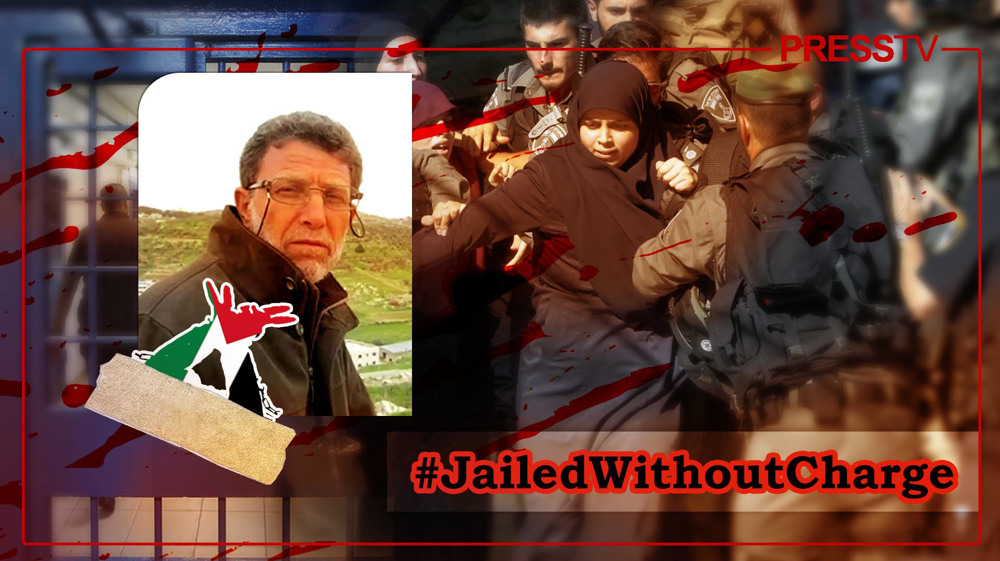
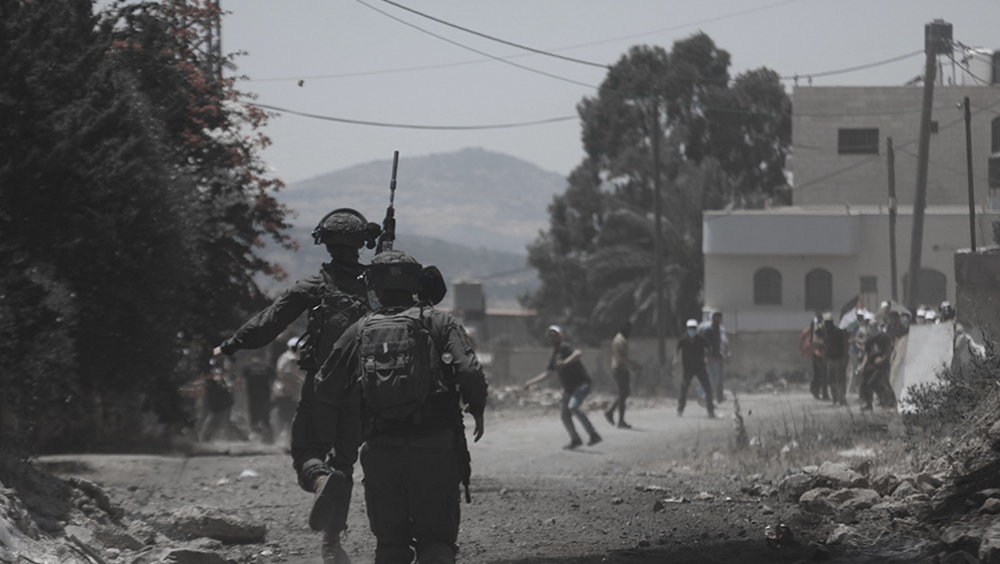

 This makes it easy to access the Press TV website
This makes it easy to access the Press TV website